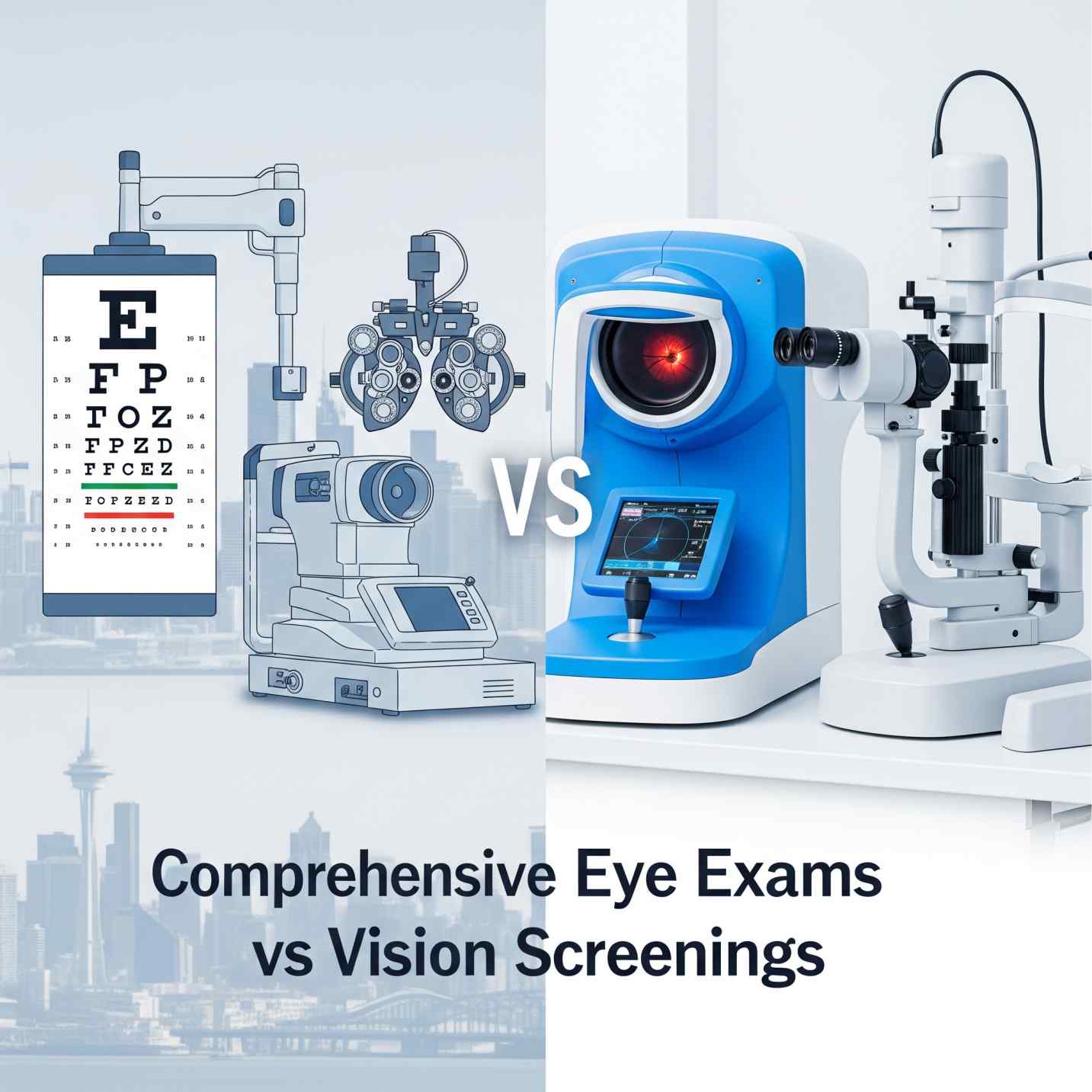2025 COVID-19 Guidelines for Seattle Residents
Key Takeaways for Seattle COVID-19 Guidance (2025)
-
NB.1.8.1 is now the dominant strain in Seattle — more contagious but not more severe.
-
2025 boosters remain highly effective, reducing severe illness by up to 85%.
-
No quarantine needed if exposed and vaccinated — just mask and test on Day 5.
-
At-home and PCR tests are widely available at pharmacies, clinics, and libraries.
-
All individuals 6+ months old should get annual boosters, especially high-risk groups.
-
Masking, ventilation, and exposure alerts (WA Notify) remain top prevention tools.
-
Long COVID symptoms require medical attention — local recovery clinics can help.
-
Avoid packed venues during surges — especially for seniors and immunocompromised.
-
Look out for key symptoms: loss of smell/taste, high fever, and dry cough.
-
Avoid misinformation — rely on official channels like Public Health Seattle, WA DOH, and CDC
Current Seattle Variant Landscape
As of July 2025, the NB.1.8.1 variant dominates Washington State cases. Public Health Seattle & King County also monitors emerging strains like LP 8.1 and XFG.
Key Seattle Insights
-
NB.1.8.1: Higher spread but similar severity to prior variants
-
Vaccine Protection: Current boosters maintain a strong defense against hospitalization
-
Local Trends: Case surges follow major Seattle events like festivals or conferences
Updated 2025 Protocols for King County
If Positive:
-
Isolate 5+ days until fever-free for 24 hours (no meds)
-
Wear N95/KN95 masks additional 5 days
If Exposed:
-
No quarantine if vaccinated
-
Test at Day 5 post-exposure
-
Mask publicly for 10 days
Where to Test in Seattle
-
At-Home Rapid Tests: Stock up at Bartell Drugs, CVS, or local libraries
-
PCR Tests: Available at Urgent Care clinics and Public Health Seattle sites
When to Test
-
With symptoms (cough, fever, loss of taste/smell)
-
After exposures or before visiting vulnerable relatives
Why Seattleites Need Boosters
2025 vaccines specifically target NB.1.8.1 and other circulating variants, reducing severe illness by 85% according to CDC data.
Who Should Vaccinate
-
All ages 6+ months
-
High-risk groups (seniors, immunocompromised)
Seattle Vaccination Sites
-
Pharmacies: Walgreens, Safeway, independent pharmacies
-
Community clinics: International District & Northgate locations
Recognizing & Treating Long COVID
Persistent symptoms like fatigue, brain fog, or breathing issues require medical attention.
Seattle Support Resources
-
UW Medicine Post-COVID Recovery Clinic
-
Swedish Medical Center Rehabilitation Programs
-
King County virtual support groups
2025 Prevention for King County
-
Get annual boosters
-
Mask in crowded spaces (e.g., transit, concerts)
-
Ventilate homes during Seattle’s rainy season
-
Use WA Notify for exposure alerts
High-Risk Guidance
Seniors should avoid packed venues like Pike Place Market during surges.
Symptom Identification Guide
Likely COVID-19 If:
-
Sudden loss of taste/smell
-
High fever + dry cough
-
Shortness of breath
More Common in Flu/Colds:
-
Sneezing/nasal congestion
-
Mild fatigue without breathing issues
When to Test
Use rapid tests immediately for fever or respiratory symptoms in Seattle.
Local Crisis Resources
-
Immediate help: Crisis Connections (866-427-4747)
-
Support groups: NAMI Seattle
-
Public Health Seattle & King County therapists
Self-Care Tips
-
Walk Seattle’s Discovery Park trails
-
Limit news consumption
-
Join virtual meditation sessions
Avoiding Misinformation
Verify Through:
-
Public Health Seattle & King County alerts
-
Washington State Department of Health
-
CDC/WHO direct updates
Red Flags
-
Uncited claims about “miracle cures”
-
Outdated (pre-2023) prevention advice
FAQs
-
Fever, cough, fatigue, sore throat, congestion, headache, and loss of taste or smell are the most reported symptoms in 2025


